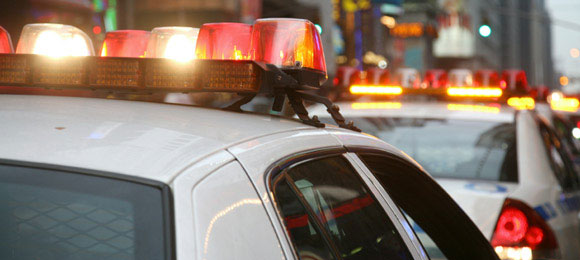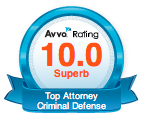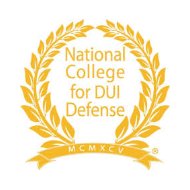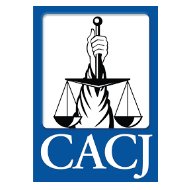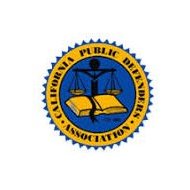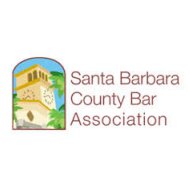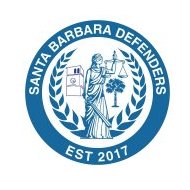Home
Lawyer Profile
I.V. Legal FAQ
I.V. Legal Links
Common Charges
Youthful Offenders
Zero Tolerance Law
Calculate Your BAC
Clear Your Record
Drug Possession
Contact Us
Testimonials
Privacy Policy
Terms of Use
Zero Tolerance Law
In 1988, California enacted the first of a series of "zero tolerance" laws. In 1994, a law was enacted which required a civil/administrative license suspension for those who are under 21 years of age and drive with a BAC of 0.01% or more. The law also requires any person under 21 years old to submit to a preliminary alcohol screening device or other evidentiary test in order to determine his or her BAC, when under investigation for DUI, or face a one year (on the first offense) driving privilege suspension for refusing to do so.
Effective January of 2020, the Legislature amended the longstanding practice of taking driving privileges for ANY alcohol or drug related conviction by those under 21. It is no longer the case that you lose your license for a year for possessing a beer (for example). The law remains on the books but in a watered down form.
California Vehicle Code Section 13202.5. "Zero Tolerance law".
(a) (1) For each conviction of a person for an offense specified in subdivision (d), committed while the person was under 21 years of age, but 13 years of age or older, the court shall suspend the person’s driving privilege for one year. If the person convicted does not yet have the privilege to drive, the court shall order the department to delay issuing the privilege to drive for one year subsequent to the time the person becomes legally eligible to drive. However, if there is no further conviction for an offense specified in subdivision (d) in a 12-month period after the conviction, the court, upon petition of the person affected, may modify the order imposing the delay of the privilege. For each successive offense, the court shall suspend the person’s driving privilege for those possessing a license or delay the eligibility for those not in possession of a license at the time of their conviction for one additional year.
(2) As used in this section, the term “conviction” includes the findings in juvenile proceedings specified in Section 13105.
(b) Whenever the court suspends driving privileges pursuant to subdivision (a), the court in which the conviction is had shall require all driver’s licenses held by the person to be surrendered to the court. The court shall within 10 days following the conviction transmit a certified abstract of the conviction, together with any driver’s licenses surrendered, to the department.
(c) (1) After a court has issued an order suspending or delaying driving privileges pursuant to subdivision (a), the court, upon petition of the person affected, may review the order and may impose restrictions on the person’s privilege to drive based upon a showing of a critical need to drive.
(2) As used in this section, “critical need to drive” means the circumstances that are required to be shown for the issuance of a junior permit pursuant to Section 12513.
(3) The restriction shall remain in effect for the balance of the period of suspension or restriction in this section. The court shall notify the department of any modification within 10 days of the order of modification.
(d) This section applies to violations involving controlled substances or alcohol contained in the following provisions:
(1) Section 191.5 of, and subdivision (a) or (b) of Section 192.5 of, the Penal Code.
(2) Section 23103 when subject to Section 23103.5, Section 23140, and Article 2 (commencing with Section 23152) of Chapter 12 of Division 11 of this code.
(e) Suspension, restriction, or delay of driving privileges pursuant to this section shall be in addition to any penalty imposed upon conviction of a violation specified in subdivision (d).
(Amended by Stats. 2019, Ch. 505, Sec. 12. (SB 485) Effective January 1, 2020.)
